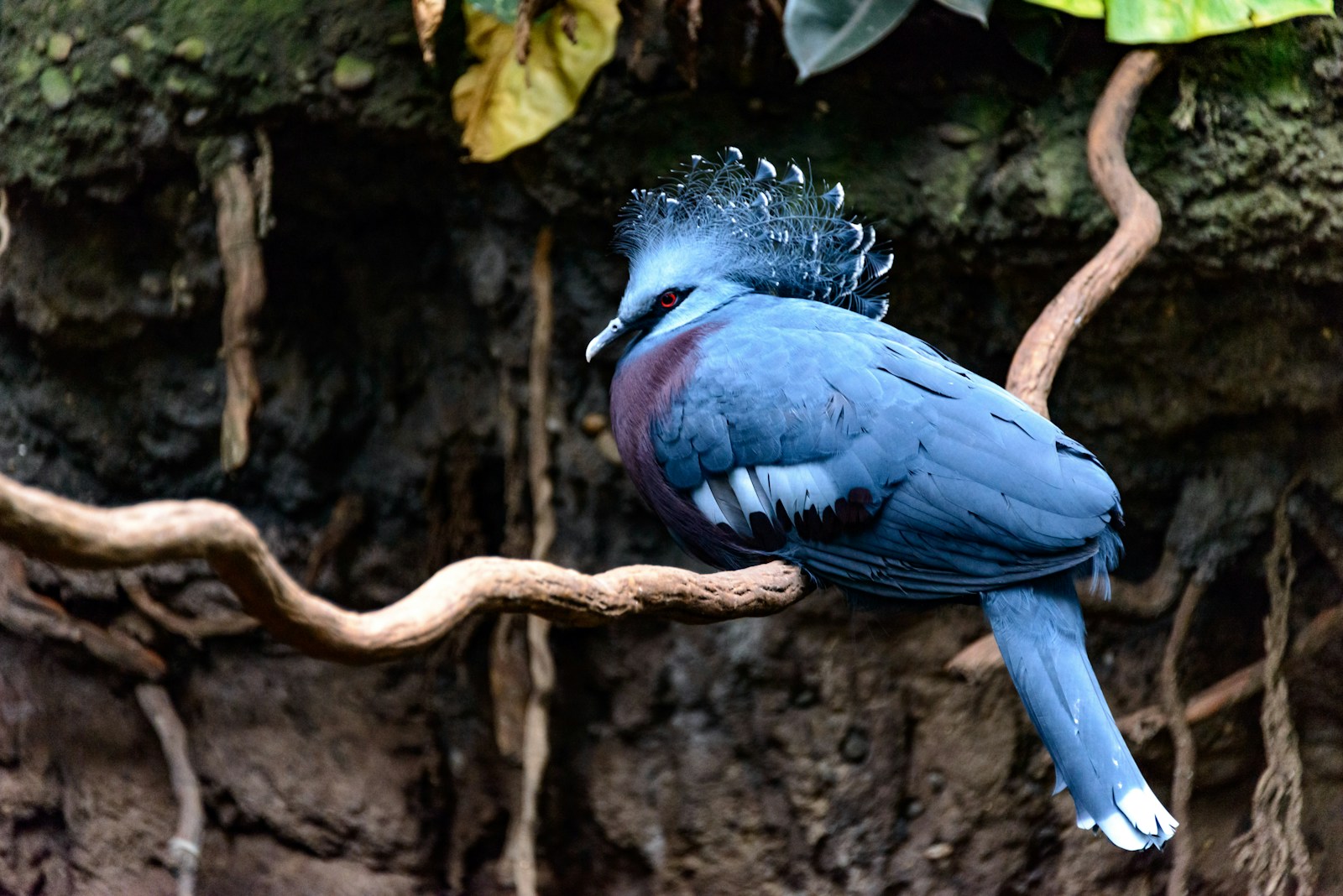
cuervo

raven
The Spanish word 'cuervo' is translated into English as 'raven'. Ravens are large, all-black birds known for their intelligence and adaptability. They are members of the crow family, which also includes crows, jackdaws, and rooks. Ravens are found in many different climates and habitats around the world and are also a common subject of folklore and mythology in many cultures.
Example sentences using: cuervo
Vi un cuervo en el jardín.

I saw a crow in the garden.
This sentence demonstrates a simple past action and spatial location. 'Vi' is the first person past tense of 'ver', meaning 'to see'. 'Un cuervo en el jardín' translates to 'a crow in the garden'. This sentence follows a common Subject-Verb-Object structure, and can be used to practice expressing past events.
El cuervo es un pájaro negro.

The crow is a black bird.
This sentence is a simple declarative sentence in the present tense that describes a general truth or fact about crows. The verb 'es' is used to indicate a permanent or lasting attribute.
El cuervo está graznando.

The crow is cawing.
This phrase indicates an ongoing action in the present. 'Está graznando' is the present progressive tense of 'graznar', which means 'to caw'.
Escuché el graznido del cuervo.

I heard the crow's caw.
This sentence contains an indirect object 'graznido del cuervo'which means 'crow's caw'. The verb 'Escuché' is the first person past tense of 'escuchar', meaning 'to hear'.
El cuervo vuela alto en el cielo.

The crow flies high in the sky.
This phrase describes an ongoing action and a spatial location. The verb 'vuela' is the present tense of 'volar', which means 'to fly'.
El cuervo está buscando comida.

The crow is searching for food.
This sentence uses the progressive form to indicate an ongoing action. 'Está buscando' translates as 'is searching'.
El cuervo tiene plumas negras.

The crow has black feathers.
This straightforward sentence uses the verb 'tiene' meaning 'has', to describe a physical characteristic of the crow.
El cuervo se posó en la rama.

The crow perched on the branch.
This describes a past action using the reflexive verb 'se posó', meaning 'perched'.
Ese cuervo parece grande.

That crow appears large.
This phrase uses the verb 'parece', which means 'appears', to make a simple observation.
El cuervo picoteó el maíz.

The crow pecked at the corn.
This sentence describes a simple past action using the verb 'picoteó', which means 'pecked at'.